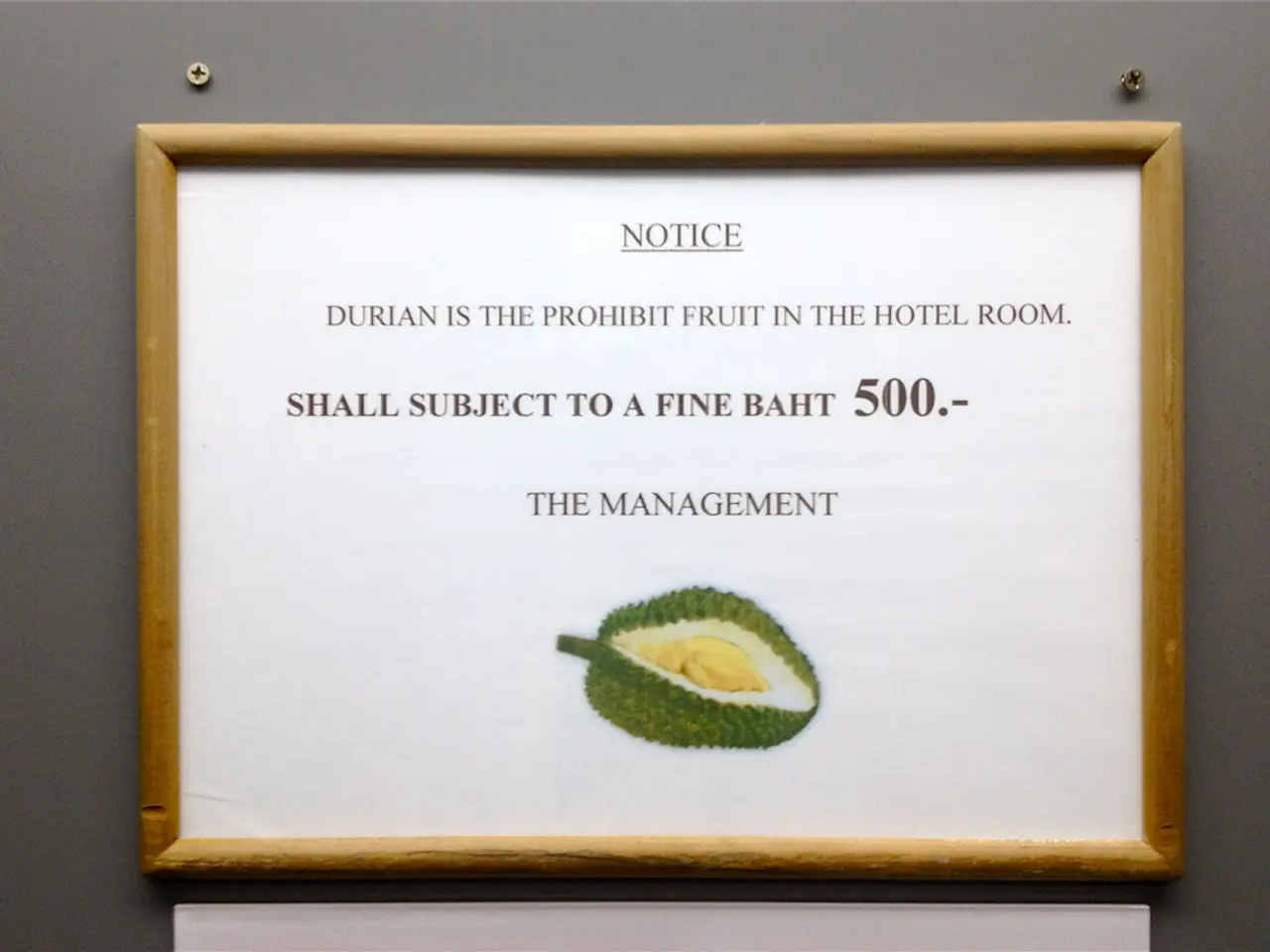Trump's ex-adviser John Bolton Highlights Significant Financial Impact of India's Custom Duties
In an interview with CNN, John Bolton, former National Security Advisor, expressed concern over President Donald Trump's tariffs on India, stating that they could be an "enormous mistake." The 25% secondary tariff, initially imposed on Indian exports, has now escalated to over 50%, including a hefty tariff on Indian crude oil purchases from Russia.
These tariffs, perceived in New Delhi as coercive interference, have disrupted bilateral trade relations and weakened incentives for India to align more closely with US objectives to isolate Russia amid the Ukraine war. Instead, India has continued and even increased discounted Russian oil imports, due to practical energy needs and affordable pricing.
The tariff conflict has also contributed to India seeking better economic engagements with China, including talks to resume trade in critical sectors like rare earth magnets, fertilizers, and pharmaceuticals. This economic pivot reflects India’s response to US tariffs, potentially deepening India-China economic ties despite geopolitical frictions.
US criticism of India’s role in the BRICS alliance (which includes Russia and China) and perceived leniency toward Pakistan have further eroded mutual trust, complicating US efforts to present a coherent strategy to counter balance Russia and China through India.
Moscow has backed India and accused the US of exerting illegal trade pressure on India. US foreign policy expert Christopher Padilla has warned that the tariffs could pose a risk of long-term damage to India-US ties, and they could raise questions later about the US being a reliable partner.
John Bolton, in an Op-Ed for The Hill, also stated that Trump’s leniency towards China could be seen as sacrificing the US’s strategic interests. The tariffs on India jeopardize decades of American efforts to bring India away from Russia and China, undermining longstanding diplomatic progress and pushing India closer to these rivals.
In summary, the tariff war has backfired by alienating India, encouraging closer ties with Russia and China, and leaving US efforts to isolate or pressure Russia through India less effective. The meeting between Trump and Russian President Vladimir Putin could give Putin an opportunity to advance his agenda on several fronts, further complicating the situation. The tariff war has hampered the bipartisan, long-term US policy goal of building India as a strategic partner against the influence of Russia and China in Asia, creating tensions that may take years to repair.
The tariffs imposed on Indian exports by the United States, including crude oil purchases from Russia, have disrupted bilateral trade relations and potentially driven India closer to Russia and China, as evidenced by India's increased discounted Russian oil imports and negotiations to resume trade with China in critical sectors. This economic pivot reflects a response to US tariffs and risks undermining decades of American efforts to bring India away from Russia and China, with US foreign policy expert Christopher Padilla warning that the tariffs could pose a risk of long-term damage to India-US ties. Furthermore, the ongoing tariff war has hampered the bipartisan, long-term US policy goal of building India as a strategic partner against the influence of Russia and China in Asia, creating tensions that may take years to repair.








